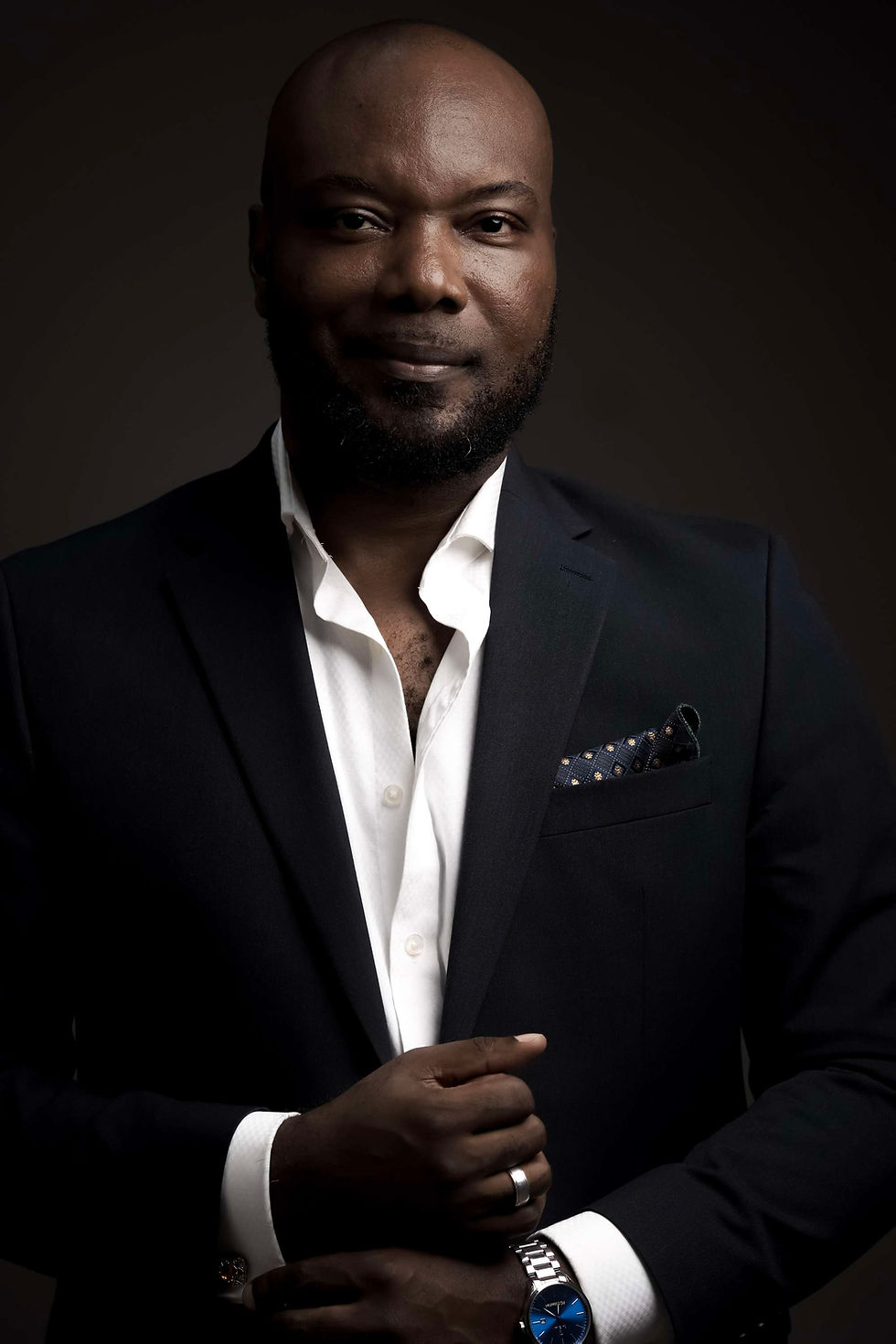How a Celebrity Crush Can Impact Your (Real) Relationship
- Wendy L. Patrick, J.D., Ph.D.
- Jan 21, 2021
- 3 min read
“Oh, Frank is just infatuated.” “Sylvia has always carried a torch for him.” Partners often excuse and explain the fascination significant others have with unattainable partners, often media and public figures.
It's true that celebrity crushes are common, and most are harmless. But not always. When extra-relational fixation and attention adversely impact emotional well-being and detract from interpersonal investment, there is a problem. The energy devoted to following, viewing, or

otherwise exhibiting preoccupation with relational alternatives is time unavailable to spend on real friends and family. How does idol infatuation develop in the first place? Research reveals that at least chronologically, the answer is perhaps sooner rather than later. Parasocial Relationships A celebrity crush is a common adolescent experience. Often, the focus of youthful fixation is a pop singer, movie star, or otherwise age-appropriate public figure. Many young adults can vividly remember the objects of their affection from adolescence. Studying college women, Sara E. Erickson and Sonya Dal Cin (2018) examined recollection of parasocial romantic attachments experienced during adolescence.[i] They define parasocial relationships as “relationships with media figures, which involve users' cognitive, affective, and behavioral responses to a persona, as if s/he were a personal acquaintance.” For young people just beginning to learn about romantic relationships, Erickson and Dal Cin recognize that parasocial attachments can provide a way to bond with peers, as well as a “safe space” to consider what romantic relationships involve before embarking upon a dating relationship. However, Erickson and Dal Cin also note that their data found adolescent romantic parasocial attachments to be maladaptive—"resulting in reliance on romantic relationships as a foundation of self-worth, negative evaluations of sexual experience, and endorsement of traditional gender roles.” What about adults? One potential problem relates to the amount of time and energy devoted to following one’s favorite celebrity; time that could be much more productively spent elsewhere.
Emotional Preoccupation
Extra-relational preoccupation detracts from current relational quality. This has been demonstrated to include fascination with and idolization of celebrity figures.
In one study, Ágnes Zsila et al. (2018) began by noting that celebrity worship, defined as “an obsessive fascination with a famous person,” was linked with mental health problems such as anxiety and depression.[ii] In their own research, they found high levels of celebrity worship to be associated with compulsive behaviors including problematic Internet use, a desire for fame, and maladaptive daydreaming. More recently, as noted by Ágnes Zsila et al. in a piece about the relationship between celebrity worship and problematic social media use (2021), celebrity worship has been shown to be at least potentially maladaptive in its association with addictive behaviors—including problematic Internet use and weak social skills.[iii] They cite prior research revealing that people with an obsessive fascination toward a celebrity may experience insecure attachment to others, such as a best friend or even family members. Although Zsila et al. in their 2021 study did not find social media friending to be associated with celebrity worship, they note the importance of identifying “risky” patterns, such as using social media to combat negative emotions, in order to prevent individuals from developing excessive admiration of their favorite celebrity with whom they may develop “an obsessive, delusional emotional bond.”
Choose Reality Taken together, there appears to be both empirical and anecdotal evidence that time spent obsessing over celebrities or other public figures, as harmless as it might initially seem, may have unintended adverse emotional consequences. Further, as a practical matter, spending time focusing on or fantasizing about unrealistic prospective partners is time that is much better spent nurturing and developing healthy (real) relationships.
Author: Wendy L. Patrick, J.D., Ph.D.
References [i] Erickson, Sarah E., and Sonya Dal Cin. 2018. “Romantic Parasocial Attachments and the Development of Romantic Scripts, Schemas and Beliefs among Adolescents.” Media Psychology 21 (1): 111–36. doi:10.1080/15213269.2017.1305281. [ii] Zsila, Ágnes, Lynn E. Mccutcheon, and Zsolt Demetrovics. 2018. “The Association of Celebrity Worship with Problematic Internet Use, Maladaptive Daydreaming, and Desire for Fame.” Journal of Behavioral Addictions 7 (3): 654–64. doi:10.1556/2006.7.2018.76. [iii] Zsila, Ágnes, Róbert Urbán, Lynn E. McCutcheon, and Zsolt Demetrovics. 2021. “A New Avenue to Reach out for the Stars: The Association of Celebrity Worship with Problematic and Nonproblematic Social Media Use.” Psychology of Popular Media 10 (1): 105–14. doi:10.1037/ppm0000275.

















Comments